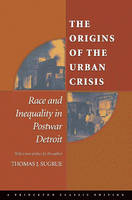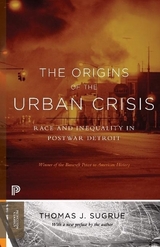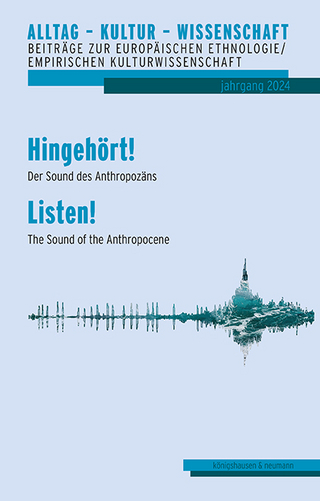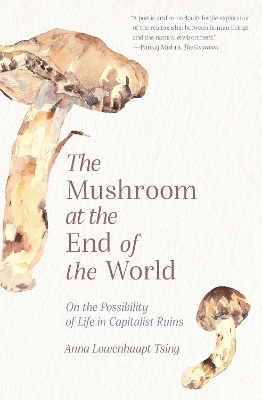
The Origins of the Urban Crisis
Princeton University Press (Verlag)
978-0-691-12186-4 (ISBN)
- Titel erscheint in neuer Auflage
- Artikel merken
Once America's "arsenal of democracy," Detroit over the last fifty years has become the symbol of the American urban crisis. In this reappraisal of racial and economic inequality in modern America, Thomas Sugrue explains how Detroit and many other once prosperous industrial cities have become the sites of persistent racialized poverty. He challenges the conventional wisdom that urban decline is the product of the social programs and racial fissures of the 1960s. Probing beneath the veneer of 1950s prosperity and social consensus, Sugrue traces the rise of a new ghetto, solidified by changes in the urban economy and labor market and by racial and class segregation.In this provocative revision of postwar American history, Sugrue finds cities already fiercely divided by race and devastated by the exodus of industries. He focuses on urban neighborhoods, where white working-class homeowners mobilized to prevent integration as blacks tried to move out of the crumbling and overcrowded inner city.
Weaving together the history of workplaces, unions, civil rights groups, political organizations, and real estate agencies, Sugrue finds the roots of today's urban poverty in a hidden history of racial violence, discrimination, and deindustrialization that reshaped the American urban landscape after World War II. In a new preface, Sugrue discusses the ongoing legacies of the postwar transformation of urban America and engages recent scholars who have joined in the reassessment of postwar urban, political, social, and African American history.
Thomas J. Sugrue is Edmund J. and Louise W. Kahn Professor of History and Sociology at the University of Pennsylvania.
List of Illustrations ix List of Tables xiii Preface to the Princeton Classic Edition xv Acknowledgments xxxiii Introduction 3 PART ONE: ARSENAL 15 Chapter 1: "Arsenal of Democracy" 17 Chapter 2: "Detroit's Time Bomb": Race and Housing in the 1940s 33 Chapter 3: "The Coffin of Peace": The Containment of Public Housing 57 PART TWO: RUST 89 Chapter 4: "The Meanest and the Dirtiest Jobs": The Structures of Employment Discrimination 91 Chapter 5: "The Damning Mark of False Prosperities": The Deindustrialization of Detroit 125 Chapter 6: "Forget about Your Inalienable Right to Work": Responses to Industrial Decline and Discrimination 153 PART THREE: FIRE 179 Chapter 7: Class, Status, and Residence: The Changing Geography of Black Detroit 181 Chapter 8: "Homeowners'Rights": White Resistance and the Rise of Antiliberalism 209 Chapter 9: "United Communities Are Impregnable": Violence and the Color Line 231 Conclusion: Crisis: Detroit and the Fate of Postindustrial America 259 Appendixes: A. Index of Dissimilarity, Blacks and Whites in Major 273 American Cities, 1940-1990 B. African American Occupational Structure in Detroit, 275 1940-1970 List of Abbreviations in the Notes 279 Notes 281 Index 365
| Erscheint lt. Verlag | 21.8.2005 |
|---|---|
| Reihe/Serie | Princeton Studies in American Politics: Historical, International, and Comparative Perspectives |
| Zusatzinfo | 10 Maps |
| Verlagsort | New Jersey |
| Sprache | englisch |
| Maße | 152 x 235 mm |
| Gewicht | 567 g |
| Themenwelt | Sozialwissenschaften ► Ethnologie |
| Sozialwissenschaften ► Soziologie | |
| ISBN-10 | 0-691-12186-9 / 0691121869 |
| ISBN-13 | 978-0-691-12186-4 / 9780691121864 |
| Zustand | Neuware |
| Haben Sie eine Frage zum Produkt? |
aus dem Bereich



